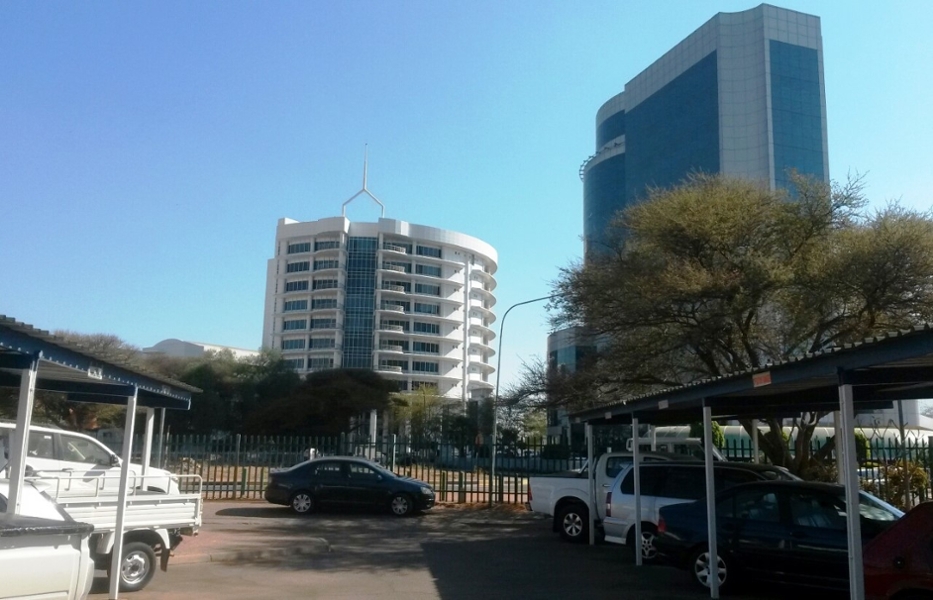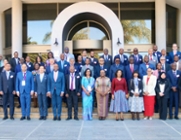Building economic resilience in Botswana

18 January 2021
Local economic development is undeniably key to the wellbeing of a community. Equally important to any LED strategy is ensuring that the informal economy is an integral component.
Recognising this, Selebi Phikwe Town Council, located in the central district of Botswana, continued its dialogue in December with workers and business owners from the informal sector. The purpose of the two-day event was to link the informal economy to various organisations that provide financial and non-financial support, as part of a wider initiative to build economic resilience within Botswana.
Importance of informal economy
Addressing the event, His Worship the Mayor, Hon Cllr. Modingwana, told participants that the reduction in key mining activities in Selebi Phikwe highlighted the importance of local economic development, particularly the role of the informal economy, in supporting the livelihoods of people.
The Chairperson of the local Informal trader association, Mr Sisinyi, described the main challenges facing the informal economy: the lack of access to utilities and land; and delays in the granting of trading licences. In response, Hon Cllr Sibisibi, the President of the Botswana Association of Local Authorities (BALA), acknowledged the significance of the informal economy in Botswana and the need for it to be supported. He went on to emphasise the need for inclusion of the informal economy within the greater economy and any strategic plans. Hon Cllr Sibisibi committed to supporting the informal economy as a means to boost economic development.
BALA pledges support
Presentations were made by the Citizen Entrepreneurial Development Agency, the Local Economic Authority, Botswana Insurance Fund Management and Hollard Life Insurance about the various financial and non-financial support packages available to members of the informal economy. The CEO of BALA, Mr Pheko, praised the initiatives and encouraged the informal economy participants to utilise the available support.
Informal economy contribution to GDP
CLGF Regional Programme Officer, Ms Zimasa Vazi, said: “Although the informal economy is often not included in the calculation of GDP, in reality, the informal economy contributes significantly towards the GDP of many countries. Most importantly, many vulnerable people are dependent on the informal economy for employment and business opportunities, making it essential to creating a healthy, circular economy, as well as contributing to a community’s wellbeing, as a whole.”
This is part of a CLGF project in Botswana funded by the UK FCDO (the department formerly known as DFID) and is a follow-up dialogue to a previous one. CLGF is working closely with the national local government association - BALA - in the implementation of the Informal Economy Dialogues. Currently piloted in Selebi Phikwe and Chobe, the intention is to roll out the project to other councils.
Back to News





